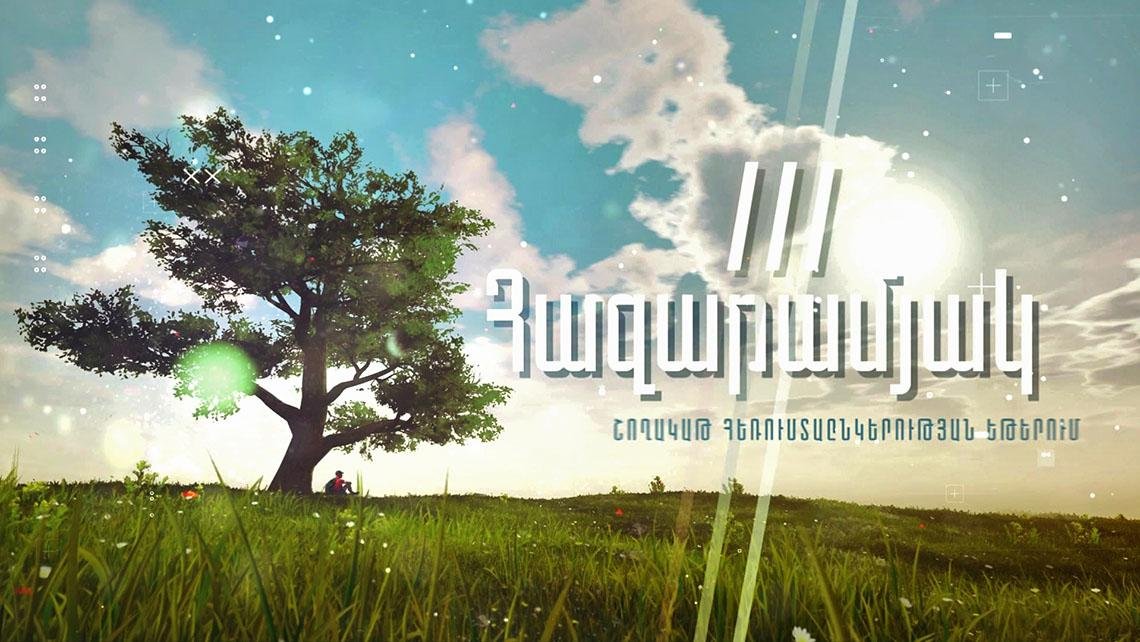
 |
War on the science frontWill the peace treaty with Armenia force Azerbaijan to stop making pseudo-scientific publications about Yerevan being Azerbaijani, Armenians being guilty of environmental terrorism, occupation of Azerbaijani territories, and even the genocide of Jews, or will Azerbaijan stop appropriating Armenian cultural heritage? Anna Sargsyan discussed the topic with Gor Margaryan, an expert at the Geghard Scientific-Analytical Foundation, candidate of historical sciences. |
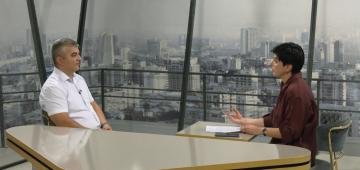 |
Azerbaijan accuses Armenians of genocide of JewsYerevan is Azerbaijani, Armenians are guilty of environmental terrorism, occupation of Azerbaijani territories, and even the genocide of Jews. The number of pseudoscientific articles by Azerbaijanis published in international scientific journals has increased significantly in recent years. The Geghard Foundation is responding as best it can by filing complaints with the editorial offices of the journals, at the same time, the foundation’s expert believes that this is not only a violation of scientific ethics by individual Azerbaijani scientists, but also part of Baku’s official policy, a tool of hybrid warfare against Armenia. Anna Sargsyan spoke with Gor Margaryan, an expert at the Geghard Scientific-Analytical Foundation, candidate of historical sciences. |
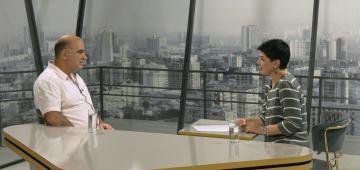 |
The memory of the 2020 war in Turkey, Azerbaijan and ArmeniaThe military success of Azerbaijan and Turkey in the 2020 war allowed these countries to promote antagonistic memory politics, and this may have a long-term impact on regional stability. Nevertheless, the Armenian case seems to inspire some hope that memory politics in the region is not completely doomed to eternal antagonism, but the question of what their new specific direction will be - cosmopolitan or agonistic - remains open. Anna Sargsyan spoke with ethnographer Arsen Hakobyan. |
 |
The myths and realities of economic growthHow does Armenia's economy survive? How does the average Armenian live? What do Yerevan's crowded cafes say and what do professional analyses say? Anna Sargsyan spoke with economist and head of the Tvyal.com organization Aghasi Tavadyan. |
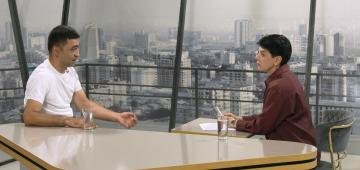 |
The "emigration program" of Artsakh residentsThe Council for the Protection of the Rights of Artsakh Citizens is raising the alarm that the state governance system in Armenia is applying double standards towards forcibly displaced Artsakh Armenians, indirectly encouraging emigration. Anna Sargsyan spoke with Council member Apres Margaryan. |
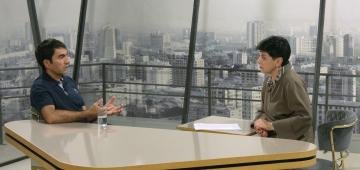 |
The art and law of politicsWhy is our society so irreconcilable? Is this a national character or political technology? Who is involved in politics? Can a church member engage in politics? Anna Sargsyan spoke with Doctor of Political Sciences, Professor Artur Atanesyan. |
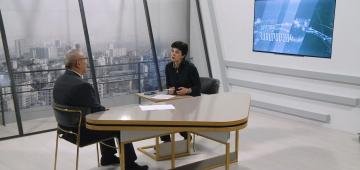 |
What does business have to do with the social climate?The economy and capital, in general, love minimal risks and maximum predictability. In these unpredictable and unstable times, where can capital escape? Anna Sargsyan spoke with Aharon Chilingaryan, a partner at BDO Armenia. |
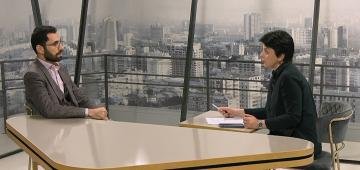 |
Who does religious law apply to, and what does canon law apply to?What is religious law and what is canon law? What restrictions are considered legitimate and by whom can they be imposed? Anna Sargsyan spoke with Vahe Torosyan, a candidate of legal sciences and a specialist in spiritual law. |
 |
The right of collective return of Artsakh residents is at riskThe "Union for the Protection of the Interests and Rights of the People of Artsakh" public organization calls for joint protection of the rights, safe return, and dignified future of the genocided people of Artsakh. Anna Sargsyan spoke with the President of the Union of Artsakh, former State Minister of the Republic of Artsakh, and former Human Rights Defender Artak Beglaryan. |
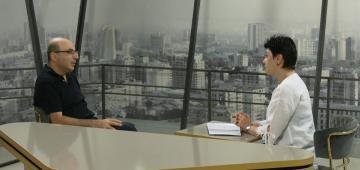 |
Nation-state or refugee camp?What is intra-societal division? Are special efforts needed to implement it? Where can this process lead in the life of the state? Anna Sargsyan spoke with Vahe Hovhannisyan, co-founder of the Alternative Projects group. |
 |
Why was Turkey the first to recognize Armenia's independence in 1918?Who were the Armenians fighting in Sardarapat? Why do the Soviet propaganda machine and some circles today spread the myth that Armenians defeated the regular Turkish army in 1918 “with a shovel and a shovel?” What historical facts refute the thesis that Turkey granted independence to Eastern Armenians? Anna Sargsyan spoke with Mikael Malkhasyan, a candidate of historical sciences and a specialist in historical demography. |
 |
Who are we really negotiating peace with?What do we know about modern Azerbaijan? After all, we have been at war with this state for more than 30 years, and today we are negotiating peace with this state. Is it worth recognizing who we are negotiating with? Anna Sargsyan spoke with Artyom Tonoyan, an orientalist and host of the Caspian Frontiers Telegram channel. |